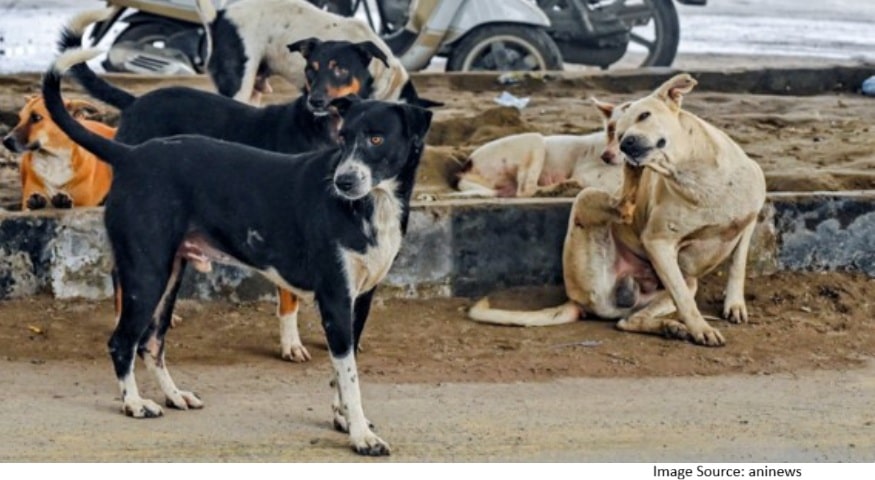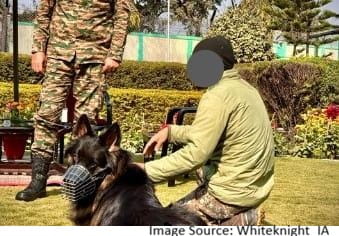Uttar Pradesh Stray Dog Rules Spark Debate on Safety

In a move that has stirred both support and concern, the Uttar Pradesh government has announced strict new rules for the management of aggressive stray dogs. The directive, issued on September 10 by Principal Secretary Amrit Abhijat to all rural and urban civic bodies, effectively sentences certain dogs to lifelong confinement if they bite humans more than once without provocation.
The New Directive
According to the order, officials will capture any stray dog that bites a human without provocation for the first time and take it to the nearest Animal Birth Control (ABC) center. At the center, they will sterilize the dog (if not already sterilized) and keep it under observation for 10 days. During this period, veterinarians will monitor its behavior. Before being released, the dog will also be microchipped to record its vaccination, sterilization, and biting history.
If the same dog bites a human without provocation again, officials will not release it. Instead, they will keep it in the shelter for the rest of its life, a penalty authorities call “life imprisonment” for strays.
Determining Provocation
One of the key challenges lies in establishing whether a bite was provoked or unprovoked. Dr. Bijay Amrit Raj, Veterinary Officer at the Prayagraj Municipal Corporation, explained that a three-member committee will decide such cases. The panel will include a veterinary doctor, an animal behavior expert, and a representative from the municipal corporation.
“For instance, if someone throws a stone at the dog and it retaliates, that will not be considered unprovoked,” Dr. Raj clarified. Only if the attack is verified as unprovoked will the rule of confinement apply.
Adoption Under Strict Rules
The order does provide an option for adoption. Individuals may adopt such dogs, but they must submit complete personal details, including name and address, and sign an affidavit pledging not to release the animal back onto the streets. The microchip will help authorities track the dog, and if adopters violate the affidavit, legal action will follow.
Context and Background
This directive comes shortly after a controversial Supreme Court order in August, which initially directed authorities to round up all stray dogs in Delhi and the National Capital Region and keep them in shelters within eight weeks. The ruling faced massive criticism from animal rights activists, who argued that large-scale confinement was inhumane and impractical. Responding to the backlash, a larger bench modified the order. Sterilized and vaccinated dogs could return, except rabid or aggressive ones.
Uttar Pradesh’s new rules build on this debate. They take a harder line against aggressive dogs but allow sterilization, vaccination, and monitoring for others.
Balancing Safety and Welfare
The policy highlights the difficult balance between public safety and animal welfare. With rising cases of dog bites across Indian cities, civic bodies are under pressure to act. However, lifelong confinement raises questions about animal rights and the capacity of shelters to handle large numbers of dogs.
For now, Uttar Pradesh has chosen a strict path and signaled that it will no longer tolerate aggressive strays on its streets. Time will reveal whether this decision reduces bite cases or sparks further controversy.





